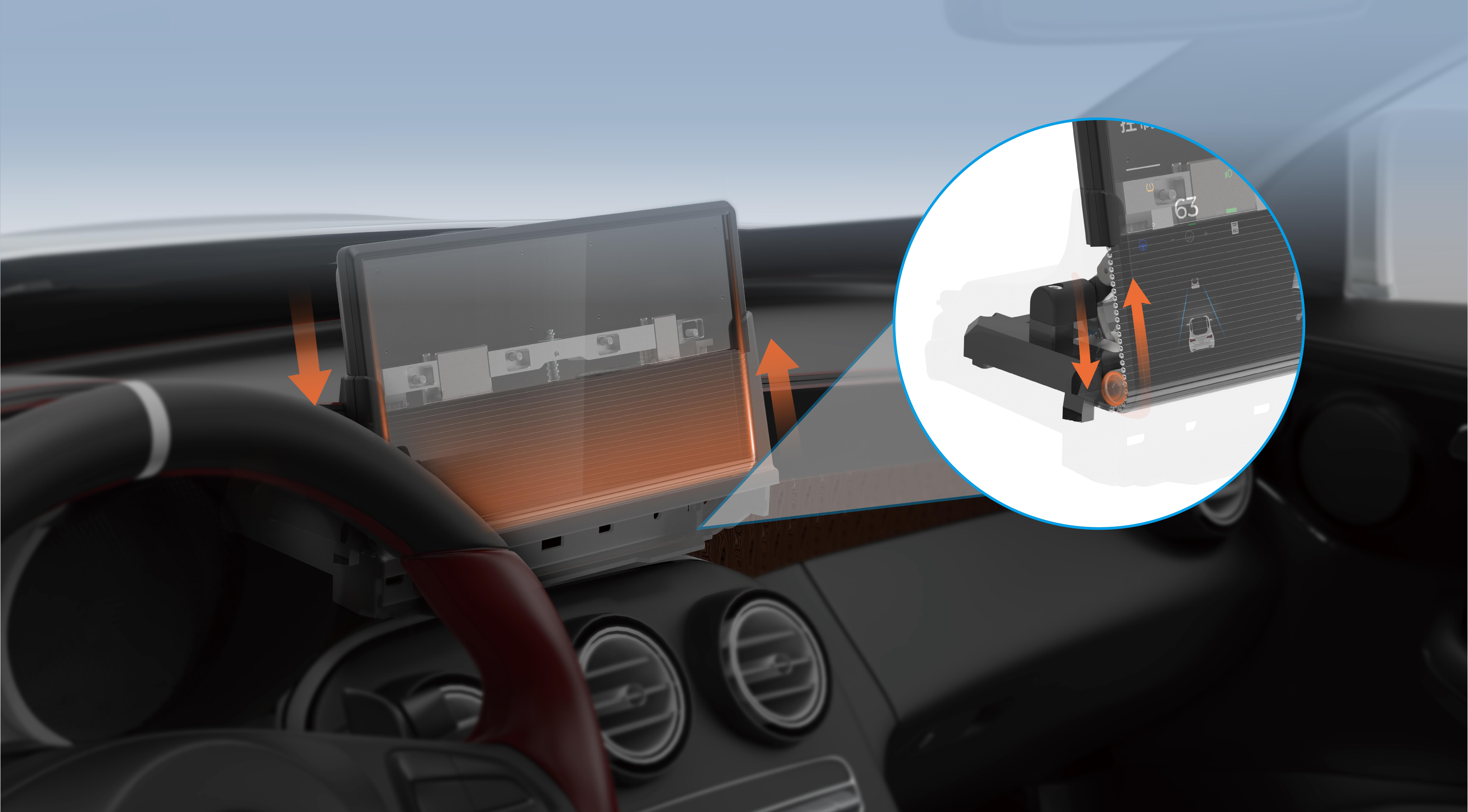In today's rapidly changing tech landscape, building scalable and reliable microservices is a top priority for many businesses. When it comes to Node.js, it's a standout choice for creating efficient, high-performance microservices that can handle thousands of requests per second. But here's the question: How do you make sure your microservices architecture works seamlessly and can be scaled effortlessly? Let's break it down.

Imagine you're building an app that has multiple functionalities: user management, payments, notifications, and analytics. Instead of making a monolithic structure where all these parts are tightly coupled together, you choose the microservices approach. Each service—user management, payments, etc.—becomes a separate, independent unit that can be developed, tested, deployed, and scaled individually. Sounds pretty efficient, right?
Node.js fits perfectly into this model for a number of reasons. For one, it’s built on the event-driven, non-blocking I/O model, making it ideal for handling large numbers of simultaneous connections with low latency. Whether your application is sending out messages or pulling in real-time data, Node.js is designed to be fast and lightweight, ensuring minimal overhead.
But here’s where it gets interesting: you don’t just want your microservices to function well; you want them to function together in a seamless way. And this is where a good microservices architecture makes all the difference. Think about it—each microservice might be built in a different technology stack, or they could evolve independently over time. The challenge is to make sure they can communicate smoothly, without any hitches. That’s where robust APIs, message brokers, and standardized protocols come in.
At KPOWER, we’re passionate about ensuring your microservices work like a well-oiled machine. We’re talking about a setup where each microservice interacts with others without breaking a sweat. This allows your app to scale as needed, without risking downtime or delays. If one service goes down, others can continue running without a hiccup.
Consider the example of an e-commerce platform. A user can still browse products or even place an order, even if the payment gateway service is temporarily down for maintenance. It’s the beauty of distributed systems. This reliability is what makes microservices a preferred architecture for growing businesses.
And let's not forget about performance. Node.js excels here too. With its ability to handle asynchronous operations, it ensures your services are highly responsive even under heavy traffic loads. It doesn’t just make your system fast; it also makes it cost-effective, because you can scale your services as needed without overloading servers.
But here's the real kicker: microservices aren't just about making things faster. They also make your codebase more manageable. When different teams or developers can work on independent services, without stepping on each other’s toes, the development process becomes more efficient and faster. This leads to faster releases, smoother updates, and less technical debt over time.
In conclusion, choosing Node.js for building microservices isn’t just a trend—it’s a strategic decision that pays off in terms of performance, scalability, and long-term maintainability. It allows your application to stay nimble, reliable, and ready for growth. If you want a solid architecture that keeps you ahead of the curve, it’s time to consider the power of Node.js for your next big project.
Established in 2005, Kpower has been dedicated to a professional compact motion unit manufacturer, headquartered in Dongguan, Guangdong Province, China. Leveraging innovations in modular drive technology, Kpower integrates high-performance motors, precision reducers, and multi-protocol control systems to provide efficient and customized smart drive system solutions. Kpower has delivered professional drive system solutions to over 500 enterprise clients globally with products covering various fields such as Smart Home Systems, Automatic Electronics, Robotics, Precision Agriculture, Drones, and Industrial Automation.




































